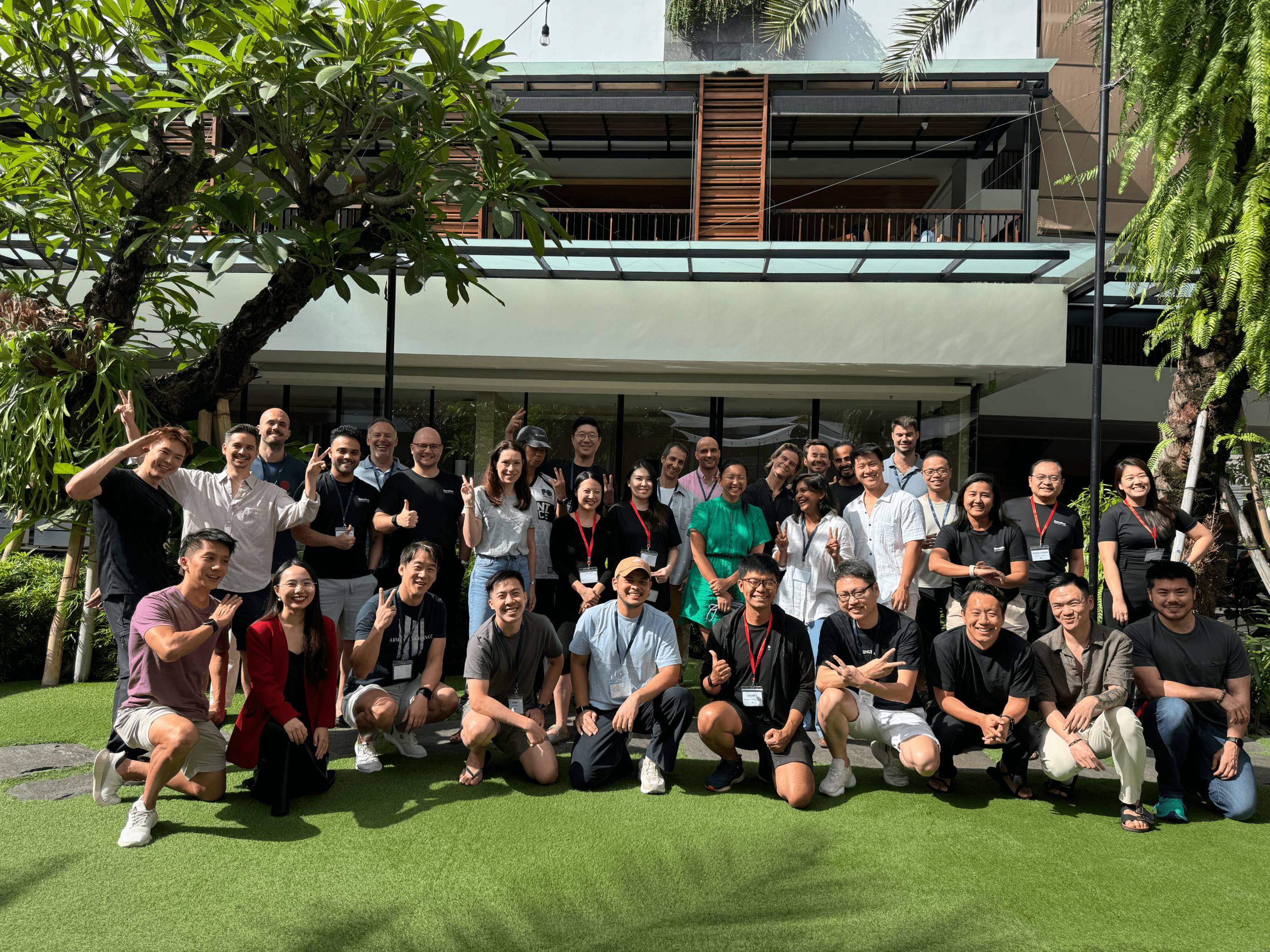Where do you find early users? How do you get to 100 customers? How do you get to 100 paying customers?
Every startup founder has to go through the early days of convincing someone else to use their product or service, and we think it's important to shed some light on the process. We asked three of our Iterative founders on how they went from 0 to 100 paying customers... and the key lessons distilled.
Hawkr - Going Where Their Users Are

Liyen Tan: At the time, we had about 20 merchants on Hawkr, but barely any customers. But, half of our merchants already have a small existing customer base. So we asked them to direct their customers to order through our janky Google Form, and in return, we gave a discount. For each order, we sent receipts and order confirmations straight to the customer's WhatsApp because we know Malaysians love being on WhatsApp. That was how we had direct access to talk to people who were already buying homemade food before Hawkr. If we simply went online to look for customers, we wouldn't have been successful because we learned that our initial customers were barely on social media. They were mostly hanging out on WhatsApp or very niche Facebook groups to buy homemade food.
From then on, that was the one thing that kept us grounded. We joined Iterative's program around then, and together with Hsu Ken (Iterative's Managing Partner), we tried a bunch of different bets: taking better photos for merchants, launching referral programs, doing group buying, running A/B Facebook ads tests, posting videos of merchants cooking, etc. These may sound random, but it worked in our case because we stayed extremely close to our customers and made sure we ask for feedback from them firsthand. That was how we got to 100 paying customers.
SendHelper by PropertyGuru - Getting Seen Online & Offline

Rupam Biswas: We got our first 20-30 customers by running ads on Craigslist. Free classified ads were popular at the time, so we posted one set of free ads on Craigslist seeking cleaners, and another set soliciting home cleaning work. Then we collected payment via bank transfers and connected responders of these ads with each other via SMSes. Once we started completing 2-3 requests per day, we hired our first engineer to build our first app. The next 100-200 customers were a mix of free ads and flyer distributions at busy commercial areas like MRT stations, malls, bus interchanges, and shopping streets. Everyone in the team had to distribute flyers, irrespective of their role. If you were in Singapore, you had to be out distributing flyers over the weekend. And that is how we got our first 100+ customers.
BeautyBuddy - Doing Things That Don't Scale

Victoria Riingen: BeautyBuddy's main feature is a salon online booking platform. However, salons were hesitant to try our platform and move away from pen and paper because they believed their customers preferred calling or texting for appointments. Instead of forcing them to go digital, we created a free Calendly to start accepting online booking requests, and fed these bookings to these salons as per usual. This allowed us to prove that online bookings would generate more revenue, as well as for us to learn how both salons and their customers interact with the platform.
After a month, we were able to convert these salons to use and pay for our actual product. By doing everything manually ourselves at the start, we were able to 1) secure customers and use their brand as a proof of concept to others and 2) learn from a free solution before building anything. This had a positive effect on our business in the long run, as we now have an average conversion rate of 77% from free to paid subscriptions and an above-industry-average product NPS score.




![Iterative Scale Program [Closed]](https://cdn.prod.website-files.com/60b1bd0542d31f694712f8ec/68d4bfcb752be73c1412db48_neom-85ey1vFIwkc-unsplash.jpg)



